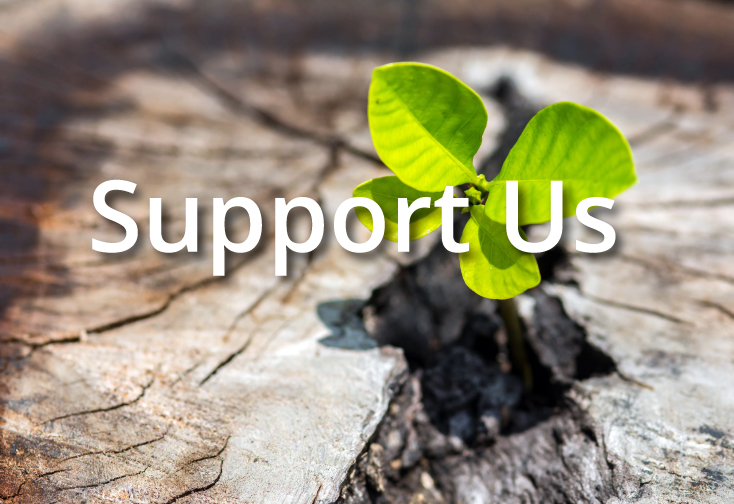Dear Friend,
Our world is continuing to evolve each day. Our lives have all been impacted in dramatic ways not just by the Coronavirus Pandemic, but by all of the adjustments that everyone is incorporating into their lives to deal with it. Rebecca’s Dream is here to share our thoughts and show our support.
In times like these, we all need to join together with compassionate understanding of the challenges around us. Each one of us is dealing with different circumstances that social distancing preparations have put into our lives. Most importantly, we must rally around those suffering from Coronavirus, or people supporting a family member who is.
While we make important and significant adjustments in our day to day lives, we are also actively engaging in our commitment to supporting the enduring well-being of our Rebecca’s Dream community. We understand that people may also be living with heightened levels of anxiety, stress, and challenges with depression and bipolar disorder. We are here for you.
Please visit our website, Rebeccasdream.org for Crisis Hotline resources, help and support, and make sure to check in with those loved ones living with or are affected with mental illness.
When we come together in difficult times, we grow our community of support and understanding even stronger. We look forward to continuing to work together with all of you, to be there for those in need, and to make sure we get through this challenge with as much strength and support for one another as possible.
With best wishes for good health to everyone.
Stan Slovin, President
and Rebecca’s Dream’s Board of Directors

Tips & Tools
It’s important to note that we are not helpless in light of current news events. We can always choose our response. If you are struggling, here are some things you can do to take care of your mental health in the face of uncertainty:
Source: American Foundation for Suicide Prevention
Looking for additional tips on managing anxiety and stress, and supporting your child, visit cdc.gov/coronavisrus/2019

The last few weeks were particularly stressful, with a lot of expectations and to-dos. To manage your moods during high pressure times like these, follow simple habits that help you complete your responsibilities while maintaining your well-being.
#1 Break Things Down
Break things down into the tiniest pieces possible, then rejoice when you complete each task, knowing that you are getting closer and closer to reaching your goal.
#2 Take a Break
Incorporate some “me time” into your day. Every once in a while, stop for a short break and listen to music, stretch, play with your pet or work on a puzzle. Do something you love.
#3 Go to Sleep
One of the most important aspects of dealing with bipolar symptoms is self-care and sleep. Create a schedule and try to stick with it.
#4 Prioritize Your Health
Make sure you take your medication as prescribed, eat healthy and drink plenty of water.
#5 Take a Walk
Going on a brisk walk while listening to music will boost endorphins which can reduce stress hormones and alleviate mild depression.
#6 Talk to Someone
Venting about stress can also help. And it can take many forms. You can talk about your stress with your friends or family members, or seek help with a psychotherapist.
Source: bphope








